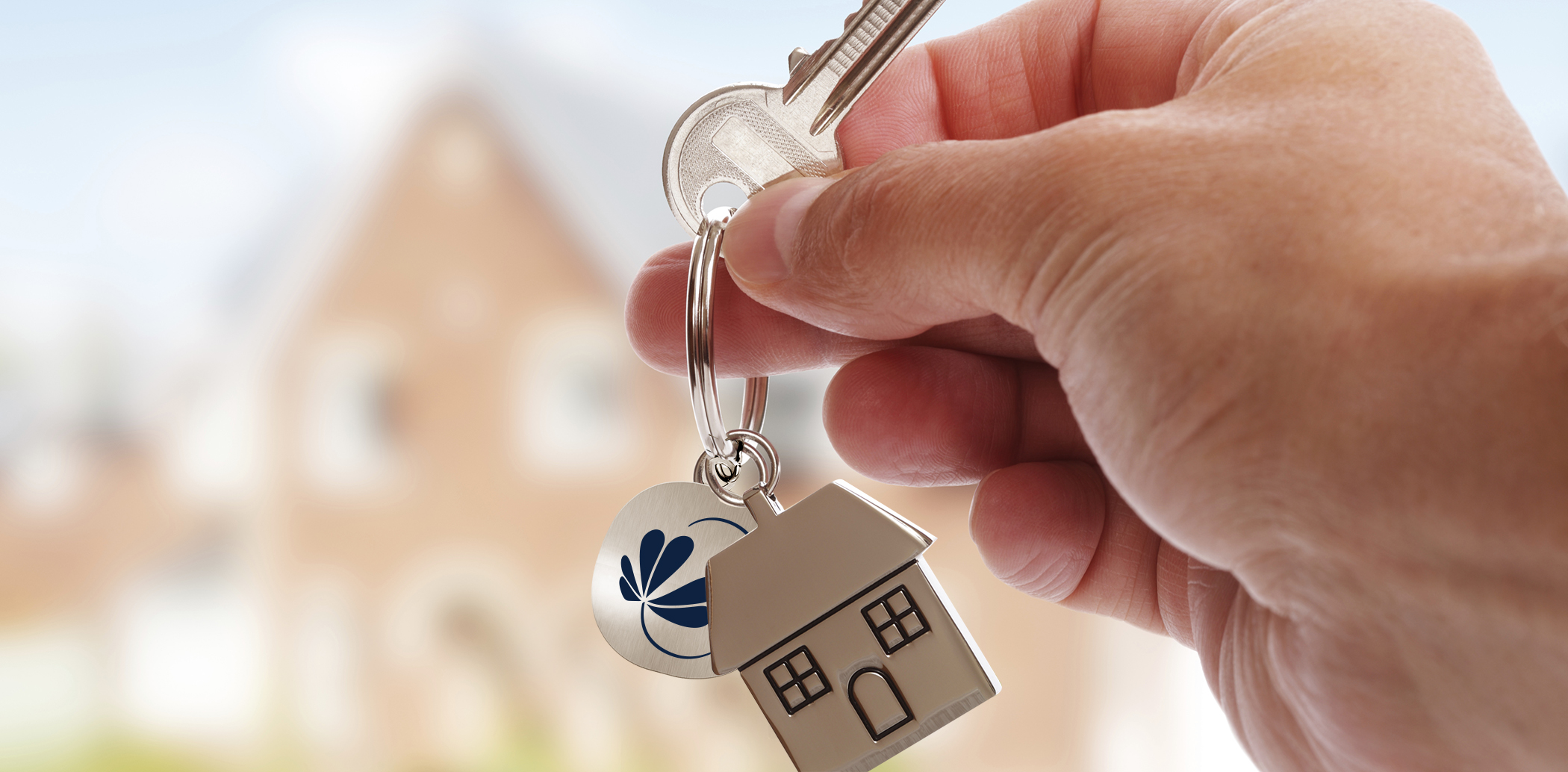FHA Mortgages: A Beginner’s Guide
Posted on Oct 12, 2021

Although the economy has vastly improved since the Housing Crisis of 2008, there are still a number of people who have been left behind when it comes to homeownership. The median value of a home has risen over 30% since 2012—from $151,000 to $201,000—but the Average Wage Index has only grown about 5%. And according to a recent survey from Bankrate.com, 63% of Americans don’t have enough savings to cover a $500 emergency, let alone a down payment on a house. All of these figures have led to the lowest rate of homeownership since 1965.
Despite these statistics, homeownership is still a goal for many individuals. Often, homebuyers have turned to an FHA Loan to help them buy a house. If you’ve been having trouble saving for a down payment or qualifying for a conventional mortgage, an FHA Mortgage may be right for you.
What is an FHA Mortgage?
An FHA Mortgage is a home loan that is insured by the Federal Housing Administration, or FHA. Because of this insurance, lenders are able to offer loans to buyers who might otherwise be ineligible for a mortgage.
FHA mortgages have a lower bar of qualifications, which we’ll address in a little bit. Because these borrowers are considered a riskier investment, part of the borrower’s monthly payment will go to Private Mortgage Insurance, or PMI. This means that your monthly payment will be slightly higher than with a conventional loan. But for some people, this is more feasible than saving up for a large down payment.
FHA Requirements
One of the reasons FHA mortgages are so popular is because the requirements to qualify are lower than for a traditional mortgage. This makes them much more attainable.
Lower Credit Score
When you apply for a mortgage, one of the first things that a lender will look at is your credit score. Simply put, a credit score is a numerical representation of your trustworthiness with debt. Your credit score shows would-be lenders how reliably you repay your debt.
If your credit score is below 650, most lenders will be apprehensive about giving you a mortgage. You might be able to find a bank that is willing to lend to you, but you will have a much higher interest rate, which will cause you to pay a much higher amount over the life of the loan. Many banks require you to have a credit score of 620 to qualify for a conventional mortgage.
However, FHA loans have less stringent requirements for credit scores. As a rule, applicants need a score of at least 580 to meet the minimum FHA requirements. If your credit score is lower than that, you may be able to find a lender who is willing to work with you, but they would likely require a larger down payment or, again, a higher interest rate.
Lower Down Payment
Conventional mortgages typically require 6% of the value of the home for a down payment. That might not seem like a lot on paper, but let’s put some real numbers to that. If you want to purchase a $91,000 home—the median home value in South Bend—you will need to pay $5,490 as a down payment.
If you’re one of the many Americans struggling to build up your savings account, that might be more than you can afford. However, with an FHA loan, you are only required to put 3.5% down. For our median home, that’s $3,185. That’s over $2,000 you don’t have to save up.
FHA Mortgages and Closing Costs
When you close on a home, there will be a number of fees you will need to pay, such as loan origination fees, title insurance, realtor fees, credit report charges, deed recording fees, any due taxes, and more. These are called closing costs, and can run you up to 2-5% of the property value.
For many Americans, an additional 5% on top of the down payment is a lot more than they have saved. However, with an FHA mortgage, you may be able to get these fees included in your loan so you can pay them off over time instead of all at once. Just remember: increasing the size of the loan will make your monthly payments larger.
Should I Get an FHA Mortgage?
FHA loans have allowed thousands of people to buy homes who would have otherwise been stuck renting. There are many choices when it comes to your mortgage loan options, and everyone’s financial situation is different. Speak with an expert today to help you decide what type of mortgage is right for you.
Give us a call at 844-NDHOME1. We’d love to help you get in the home of your dreams!

